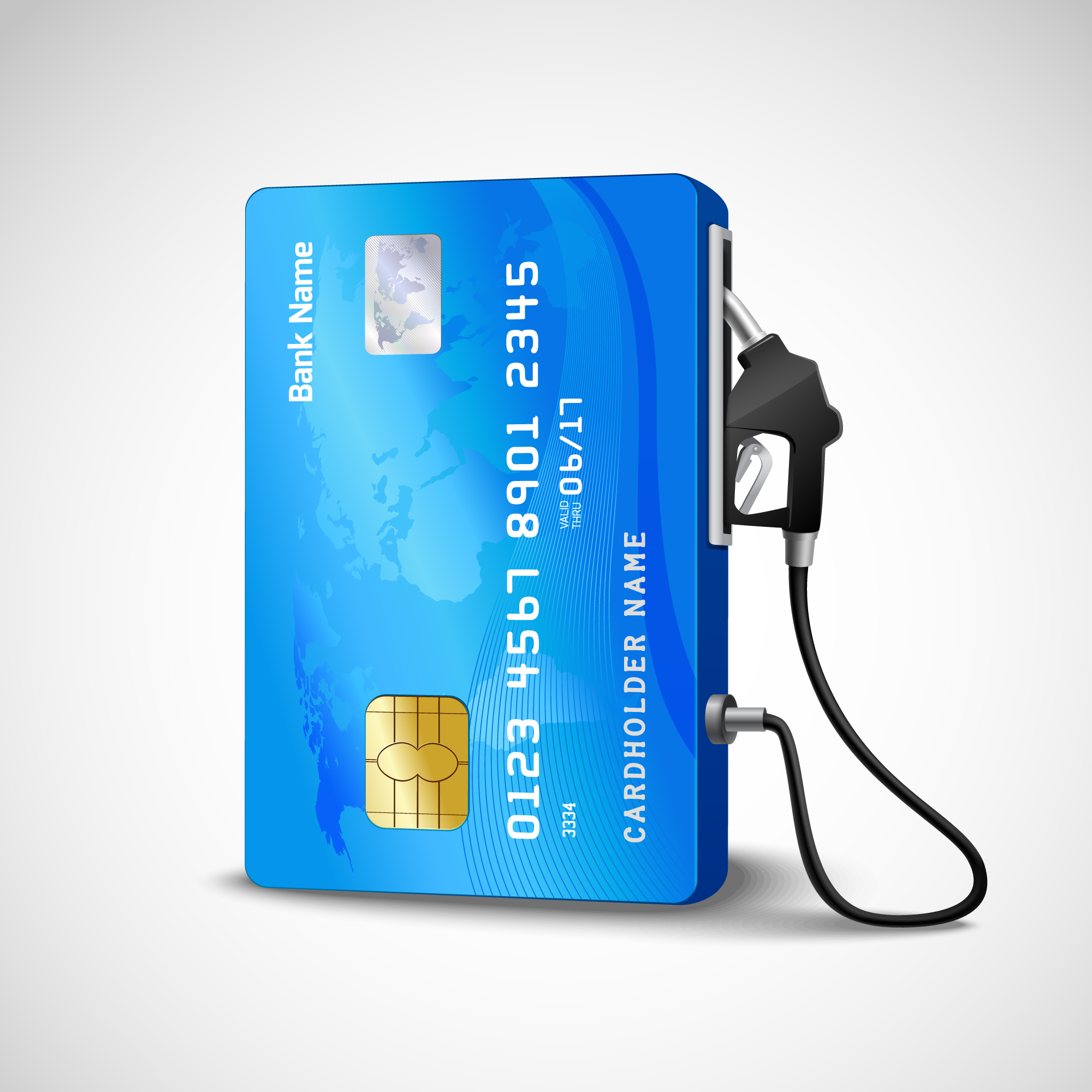 Fuel costs remain one of the largest operational expenses for businesses that rely on vehicles. From logistics and delivery companies to construction and service providers, managing these expenses efficiently can have a major impact on overall profitability. Corporate fuel cards are proving to be a key tool in achieving this, evolving far beyond their original purpose to support a wide range of cost-saving and performance-monitoring initiatives.
Fuel costs remain one of the largest operational expenses for businesses that rely on vehicles. From logistics and delivery companies to construction and service providers, managing these expenses efficiently can have a major impact on overall profitability. Corporate fuel cards are proving to be a key tool in achieving this, evolving far beyond their original purpose to support a wide range of cost-saving and performance-monitoring initiatives.
Smarter Spending Controls
One of the biggest shifts in the use of corporate fuel cards is the ability to set clear, customizable spending controls. Businesses can limit the amount a driver spends per day, week, or month. They can also control where purchases are made, the type of fuel being bought, and even the time when transactions are allowed. These controls help to curb unauthorized spending and reduce fuel fraud, providing reassurance to businesses that their budgets are being used appropriately.
In addition, all transactions are recorded digitally and can be easily reviewed, making it simple to detect any anomalies. This reduces the administrative burden on finance teams and improves accuracy in monthly expense reports.
Real-Time Data and Monitoring
Modern fuel cards integrate with tracking systems to offer real-time data. Managers can see where and when fuel is being purchased and can link this data to specific vehicles or drivers. This level of transparency allows for more accurate budgeting and forecasting, and it can also help identify inefficiencies, such as vehicles using more fuel than expected.
As data becomes an increasingly valuable resource in business decision-making, corporate fuel cards are offering insights that go beyond simple purchases. Trends in fuel consumption, for instance, can help businesses determine whether vehicle maintenance is overdue or if driver behavior needs to be addressed.
Integration with Fleet Technology
Another trend is the growing integration between fuel card systems and telematics or fleet management platforms. By syncing these tools, businesses gain a fuller picture of operations. Data from the vehicle, such as mileage, engine performance, and route history, can be combined with fuel purchasing records to build a comprehensive fuel efficiency profile for each vehicle.
This integration enables proactive management, helping reduce costs and extend the lifespan of fleet assets. For companies managing a large number of vehicles, this can translate into substantial long-term savings.
Supporting Sustainability Goals
As environmental accountability becomes more important, many companies are looking to reduce their carbon emissions. Corporate fuel cards help by offering precise fuel usage tracking, which can be used to calculate emissions and inform sustainability reports. In some cases, providers even offer options to offset fuel use or track reductions over time.
Fuel efficiency improvements are often the first step toward greener operations. By identifying and correcting inefficiencies, businesses can lower both their environmental impact and their fuel expenses.
Adoption Across Business Sizes
While larger enterprises have traditionally made use of these systems, fuel cards are now more accessible to small- and medium-sized businesses. SMEs are adopting these tools to improve cash flow visibility, automate expense management, and reduce manual processing. With tailored options now available, fuel cards are no longer just for large fleets; they’re increasingly practical for smaller teams managing just a handful of vehicles.
For businesses seeking greater control, fuel cards offer a modern and efficient solution. By allowing companies to monitor usage, set rules, and collect data for long-term planning, they play a vital role in smarter expense management.
Enhanced Security and Fraud Protection
Security is another area where corporate fuel cards have advanced. Most cards now include features like PIN protection, driver ID verification, and real-time alerts. These tools help reduce the risk of misuse and improve accountability among staff.
Additionally, advanced reporting systems can flag unusual activity—such as repeated fuel stops or purchases in unexpected locations—so businesses can respond quickly. These safeguards offer peace of mind, especially in industries where multiple employees use the same vehicle or card.
Corporate fuel cards are no longer just about convenience; they’re evolving into strategic tools for business management. As technology and expectations grow, so do the capabilities of these systems, helping companies operate with more clarity, control, and confidence.









